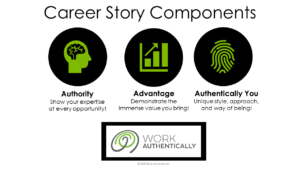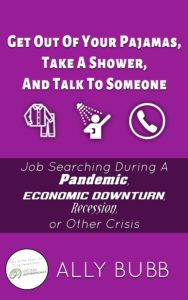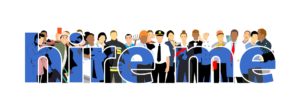 I enjoy change! I know it’s something that makes me weird, but I embrace it. You see, I’m an improver at heart. I love to find ways to make systems, processes, and environments better. And I especially love helping people live into the best version of themselves through change.
I enjoy change! I know it’s something that makes me weird, but I embrace it. You see, I’m an improver at heart. I love to find ways to make systems, processes, and environments better. And I especially love helping people live into the best version of themselves through change.
Even though I love change so much I’ve literally written a book on it, change is still a challenge. It’s something that I have to work at and something my clients struggle with too. So for the next several weeks, we’re going to explore answers to the question: Why Is Change So Hard?
Our bodies are complex pieces of equipment that do a whole lot of things for us from providing a physical repository for all of our bones, muscles, and organs all the way to breathing automatically and pumping blood so that all those parts keep on functioning.
Our bodies are designed to keep us safe, which is awesome in the wilderness when a threat is nearby, but it’s a whole lot less helpful when we’re trying to make change happen and drop those 15 pounds we gained during quarantine!
Our bodies basically give us only 3 options when faced with a threat (and more often than not, doing something new is considered a threat): Fight, flight, or freeze. As you can imagine, battling against change, running away from change, and doing nothing in the face of change aren’t overly helpful responses.
Especially if you want or need to actually change!
Know that your body is going to protest the new thing, at least at first. And be prepared for that response so you can move beyond it. And if you’re looking for more guidance, I am offering a Change Conqueror virtual workshop designed to help you tackle any change you want to make in work or life (whether you’ve chosen change or not!).
#PositiveAction You can make change happen. Take a deep breath. And do it again. In fact, keep focusing on your breath until your body has stopped freaking out in the name of safety! Yes!! You got this!
Image by Ryan McGuire from Pixabay









